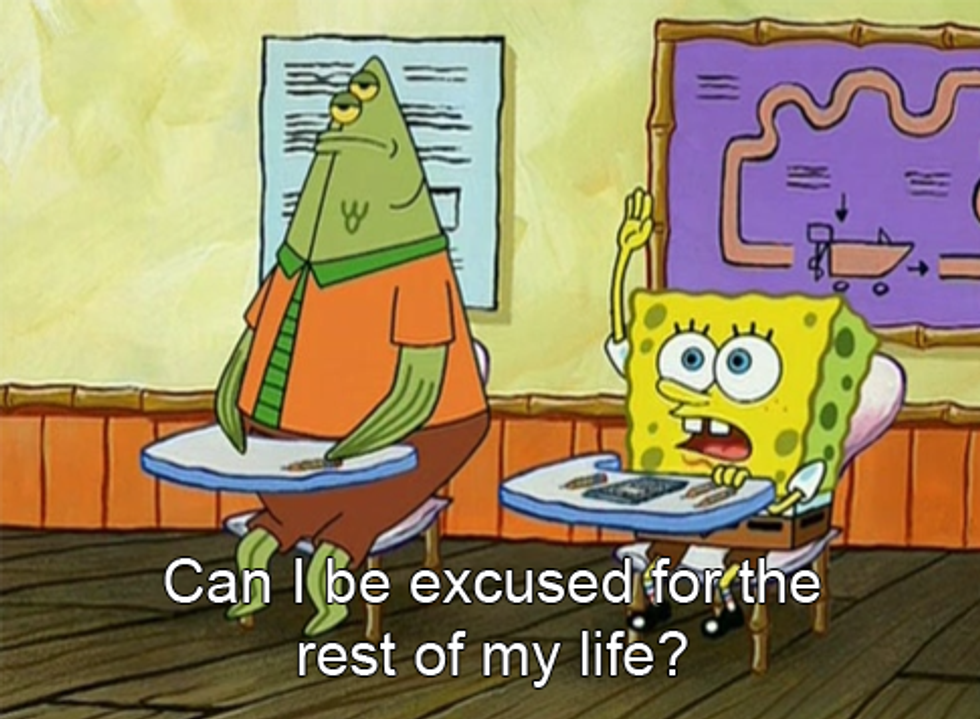Popular music today consists of many typical subjects: Love, heartbreak, personal success. But recently, many artists have been adding social messages into their music, as well. I know that sounds pretty vague, so let’s look at some examples.
One way to do it is to flat-out say what the problem is and try to motivate action. For instance, the legendary rapper Nas in the song “Nas Album Done” (I know, a DJ Khaled album is not exactly the best platform for social activism, but bear with me) ends one of his verses with the line, “The racial economic inequality, let's try to solve it.” So you see the effort to motivate action, though Nas’ efforts in this song, are not exactly subtle, nor do they bring much to the table in terms of lyricism or artistry.
Now let’s look at another way of using music to bring societal issues to light, this time in the song “Angels” by Chance the Rapper. About midway through the song, Chance delivers a somewhat innocuous verse that goes “It’s too many young angels on the south side / Got us scared to let our grandmommas outside.” “Southside” in this context refers to the south side of Chicago, Chance the Rapper’s violence-torn hometown. In this verse, he uses the term “young angels” to talk about all the teens and children caught up and killed in the gang culture of the area, and further condemns the violence by saying it is frightening to even let an elderly person out of the house for fear of them being victimized. These are just minor examples and do not account for social messages that are layered somewhat less accessibly throughout entire albums, such as Solange’s “A Seat at the Table” and Kendrick Lamar’s “To Pimp a Butterfly.”
So now that we have some examples to look at, it is time to ask the question: Does it work? Does bringing up racial injustice or inter-community violence actually help the causes? To be honest, there aren’t many actual ways of being able to tell. There is plenty of speculation but little actual evidence, and it is not an objective or easily measured question. But not all forms of improvement are easily quantifiable, and I believe the effect of socially-conscious music falls under that category, as well. It is difficult to measure whether or not a march around a city in support of a cause actually accomplishes in helping the cause it is in support of, but that does not make the act of marching and protesting worthless. So it is with music: Will suggesting that people try to solve racial economic inequality immediately cause a decrease in the wage gap or unemployment rate? Almost certainly not, but raising awareness of the issues and sparking discussion of the issues by presenting them in the format of popular music just might.






















